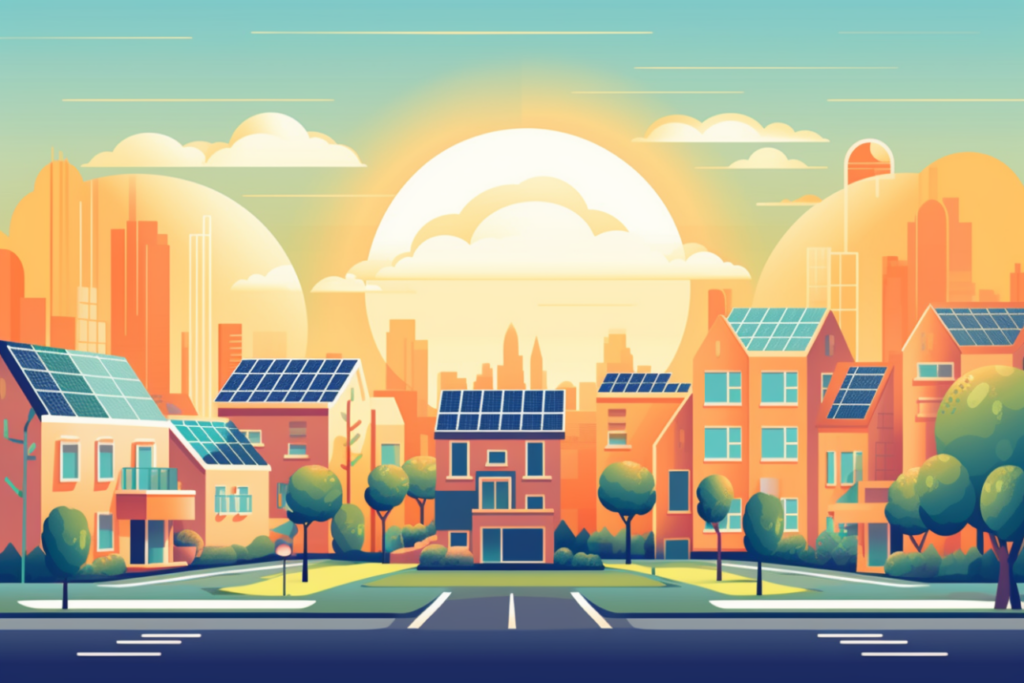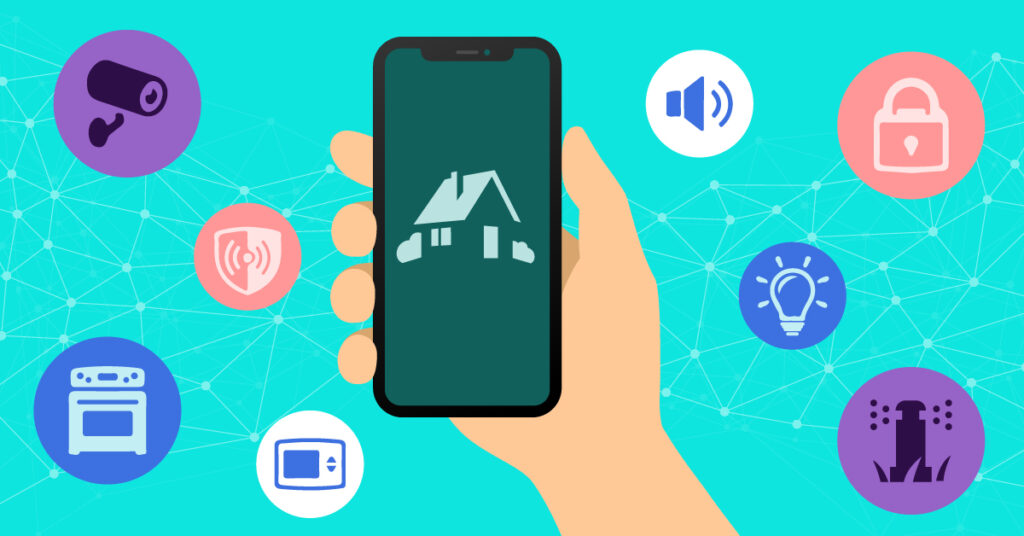With the escalating concerns about climate change and increasing energy costs, homeowners are increasingly seeking more sustainable and economical options. These reasons have led to the growth in the popularity of solar power systems. This guide will discuss the top nine reasons to consider switching to solar energy today.
Reduce Your Energy Bills
One of the main reasons people switch to solar power is to save money on electricity bills. The U.S. Energy Information Administration reports that the average U.S. household spent approximately $122 per month on electricity in 2021, with each resident consuming around 892 kilowatt-hours monthly. By harnessing solar energy, homeowners can significantly reduce those expenses.
Surprising Ways Smart Families Waste Money at Home
Solar panels generate power during the day, reducing the amount of energy you need to buy from your utility company. This can lead to up to 50% savings on your energy bills. The exact amount you’ll save will depend on factors such as the size and efficiency of your solar panel system, your electricity usage, and the cost of electricity in your area.
Increase Your Home’s Value
Installing solar panels can significantly increase your home’s value. The U.S. Department of Energy reports that homes with solar systems installed sell quicker and for more money than those without.
Recent studies show that solar panels can increase the value of your home by 4% or more than similar homes without. That figure rises to 6.4% for solar-powered homesteads in the state’s sunniest regions. This increased value can be a great selling point if you ever sell your house.
When “Do It Yourself” Becomes a Money Pit
Reduce Your Carbon Footprint
Switching to solar power will significantly reduce your carbon footprint. Traditional energy sources, such as coal and natural gas, emit harmful greenhouse gasses, contributing to climate change. On the other hand, solar power is a renewable energy source that produces no greenhouse gas emissions and is considered clean.
According to the U.S. Environmental Protection Agency, a solar panel system that produces 8,000 kWh per year (a common size for residential systems) can prevent the release of approximately 6 tons of carbon dioxide annually. That’s the equivalent of planting 100 trees.
The Greenhouse Gas Equivalencies Calculator will estimate how much you can reduce your carbon footprint if you switch to solar energy.
Take Advantage of Tax Credits and Incentives
To encourage the installation of solar energy, the federal government and many state governments offer significant tax credits and incentives. The federal solar tax credit currently allows individuals to deduct 30% of the total cost of your solar panel system when you file your federal income taxes. Additionally, many states have programs, such as rebates and property tax exemptions, to make solar even more affordable.
Check for local incentives in your area and take advantage of these programs to maximize your solar investment.
Low Maintenance Costs
Solar panels are known for their durability and minimal maintenance compared to other energy sources. Once installed, there’s little you need to do but enjoy the benefits.
Sticking With Your Old Rate Costs More Than You Think
Moreover, PV systems have a long lifespan, typically around 25-40 years, and do not have any moving parts that can wear out. Your ongoing costs will be much lower after the initial investment than with traditional energy sources. The only maintenance you’ll need to do is the occasional cleaning to remove any dirt, dust, or debris that could obstruct sunlight from reaching the panels.
Energy Independence

By generating your own electricity and reducing your reliance on utility companies by installing solar panels. This independence can save you money (as you’re no longer subject to price increases) and provide peace of mind during power outages or natural disasters. Plus, installing a battery storage system alongside your solar panels will enable you to store excess energy for later use, further increasing your energy self-sufficiency.
Homes That Drain You Dry
Easy to Install
Installing PV systems is surprisingly straightforward, often taking just a day or two to complete. Professional solar installers have the expertise and equipment to securely mount your panels and integrate them into your home’s electrical system.
Solar technology advancements have simplified installations, as panels can now be fitted on various roof types or even on the ground when rooftop space is limited. This ease of installation has contributed significantly to the solar industry’s rapid growth. As reported by SEIA, the U.S. solar industry has seen an impressive average annual growth rate of 24% between 2010 and 2023, emphasizing the rising popularity and accessibility of this renewable energy source.
Supports Local Economy
The solar industry is one of the fastest-growing sectors in the job market. By supporting solar energy, you’re helping to create jobs and boost the economy. According to the Solar Foundation, the solar industry employed over 230,000 Americans in 2020, and this number continues to grow as more people adopt solar technology. Investing in solar makes a wise financial decision for yourself and contributes to expanding an industry that provides stable, well-paying jobs for many people.
Solar is Reliable
Solar energy is a dependable power source, as sunlight is available on average 250 days per year in most parts of the United States. With solar panels, you can trust that your system will continue to generate power as long as the sun shines. In addition, these panels are designed to withstand extreme weather conditions and continue generating power even during harsh winters. This makes solar a reliable option for homeowners and businesses needing an energy source they can count on daily.
Loyalty Isn’t Always Rewarded
Solar is Versatile
Solar technology can be used in various applications, from powering small devices to providing electricity for entire communities. This versatility makes solar an ideal solution for many situations, including off-grid living, remote locations, and disaster relief efforts. It is also a great way to charge your electric vehicle without skyrocketing your monthly energy bill. By integrating with other renewable energy systems, such as wind turbines or hydroelectric power, solar can create a comprehensive green energy solution.
Bottom Line: Why Switching to Solar Power Is a Smart Move
Switching to solar power has many benefits, from reducing your energy costs and carbon footprint to generating jobs and increasing the value of your home. With the abundance of available incentives, tax credits, and the increasing affordability of solar technology, there has never been a better time to make the switch. Don’t wait any longer – switch to solar today and start enjoying all the long-term benefits it provides.
You might also be interested in: A Complete Guide To Solar Yard Lights [And 5 Great Options]




